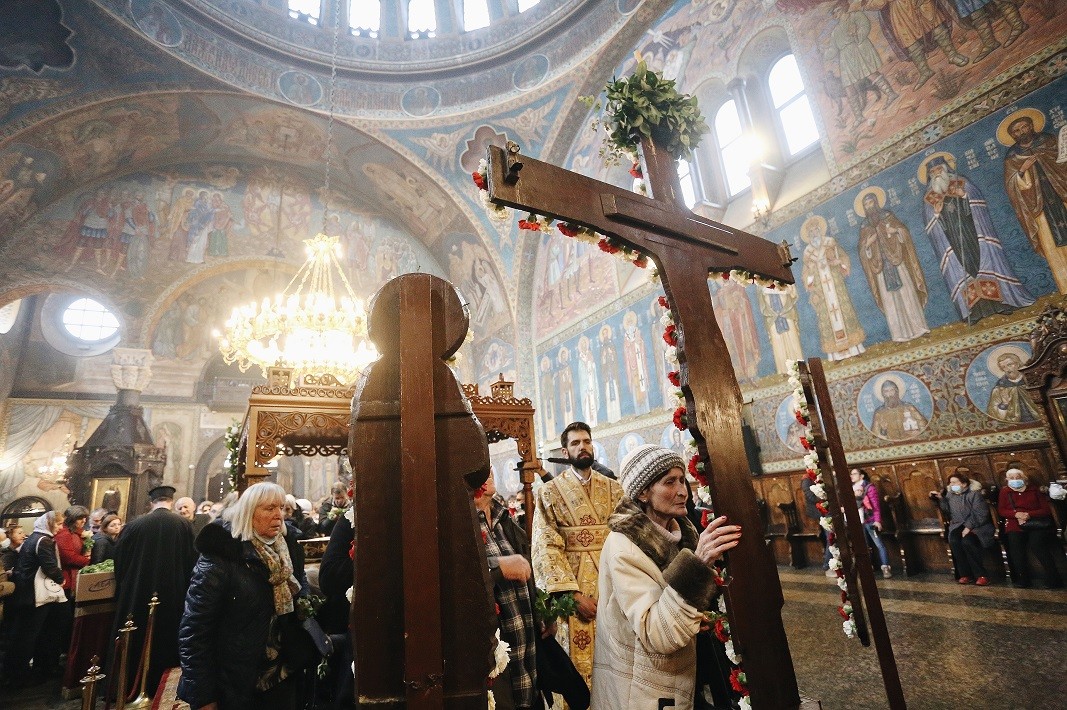
On 16 November 2025 at 7:30 p.m., the Catholic Cathedral of St Joseph in Sofia will host a Baroque concert in celebration of the feast of the patroness of church music, the Roman martyr Saint Cecilia. Cantantibus organis forms part of a series of..
The unique voice of Lili Ivanova - the icon of Bulgarian pop music, which has thrilled generations of fans for more than six decades, will bring joy to the audience in Plovdiv. The audience is waiting for a magical evening with..
For singer, conductor, and vocal coach Neli Andreeva, promoting and interpreting Bulgarian folk music has long been a personal mission. She is also renowned for her work with various ensembles, including Nusha, the choir that she founded. The choir's..

+359 2 9336 661
